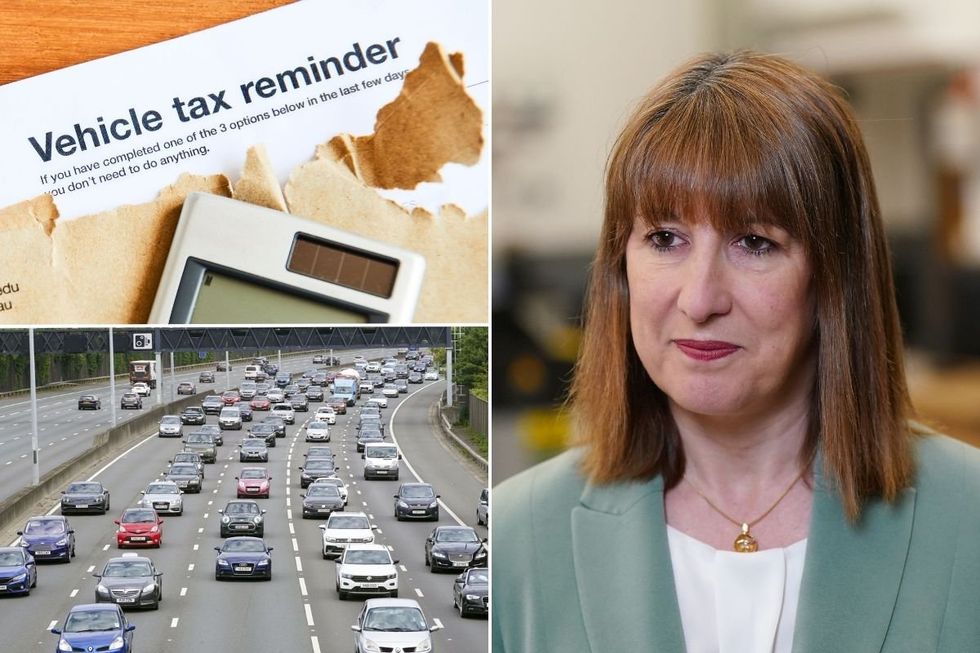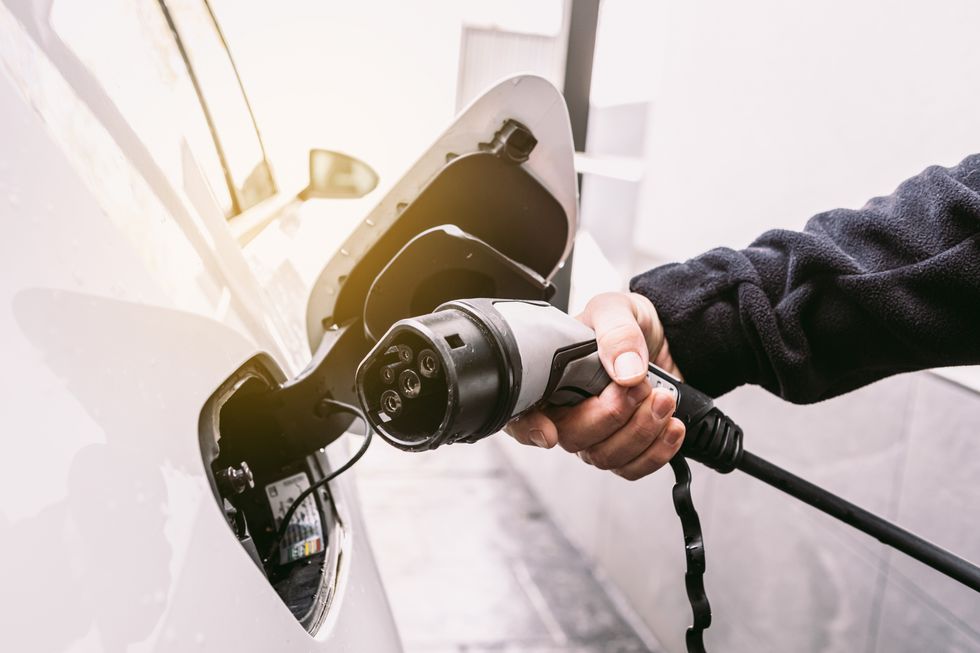Labour could be considering introducing new measures or extending existing electric vehicle grants ahead of the Chancellor’s Budget next month to offset potential taxes.
Reports suggest that ministers are looking to make on-street electric vehicle charging cheaper or raise the incentives included in the Electric Car Grant.
Chancellor Rachel Reeves is preparing to deliver the Government’s Autumn Budget on November 26, with many suggesting that the Treasury aims to raise around £50billion.
The Chancellor is understood to be considering a number of options to raise money from the motoring industry over the next month.
According to The i Paper, considerations include levies on the weight of cars and even a pay-per-mile scheme to raise revenue as people turn away from petrol and diesel vehicles.
It comes just months after the Government introduced new Vehicle Excise Duty charges for electric cars for the first time in April.
Electric vehicles are required to pay VED for the first time, although they only need to pay the minimum standard rate of £195. However, they could be more likely to pay the Expensive Car Supplement at £425 for five years.
A Government source told The i Paper that the Treasury acknowledges the need for motoring taxes to be changed to fill a financial black hole.

However, they warned that any new taxes on electric vehicles need to be accompanied by a “generous package of support”.
Suggestions include cheaper electric vehicle charging across the network, especially for those who do not have the option of charging on their driveways.
While the electric vehicle charging network continues to grow across the UK, there are still concerns about a postcode lottery of where chargers are installed.
There have long been calls for the VAT rate attributed to public chargers to be slashed from 20 per cent to just five per cent to match home chargers.
LATEST DEVELOPMENTS:
- Petrol, diesel and EV owners warned as thieves target catalytic converters and charging cables
- Chinese car brand Omoda promises ‘bold vision’ for UK market ahead of new vehicle launch
- Driving law changes to introduce ‘stronger sentences and lifetime bans’ for motorists gains mass support
This would dramatically decrease costs paid by drivers when visiting a public EV charger, potentially helping motorists decide to switch.
At present, the Electric Car Grant allows motorists to save either £1,500 or £3,750 off the price of an EV which costs £37,000 or less, and is backed by £650million in Government funding.
While there are more than 35 models eligible for the Electric car Grant, only two qualify for the higher £3,750 tier, namely the Ford Puma Gen-E and the Ford e-Tourneo Courier.
More than 20,000 Britons have already taken advantage of the Electric Car Grant, with September seeing near-record levels of new electric vehicle registrations.

Data from the Society of Motor Manufacturers and Traders (SMMT) shows that 72,779 new EVs were registered, representing an impressive 29.1 per cent growth year-on-year.
Although there have been conflicting opinions about whether the EV incentive has helped boost uptake of electric cars, more drivers could be enticed by a zero emission vehicle if prices are reduced.
Transport Secretary Heidi Alexander has praised the development of the Electric Car Grant and the support it has provided for British drivers.
A spokesperson for HM Treasury told GB News: “The Chancellor makes tax policy decisions at fiscal events. We do not comment on speculation around future changes to tax policy.”
Our Standards:
The GB News Editorial Charter







Follow